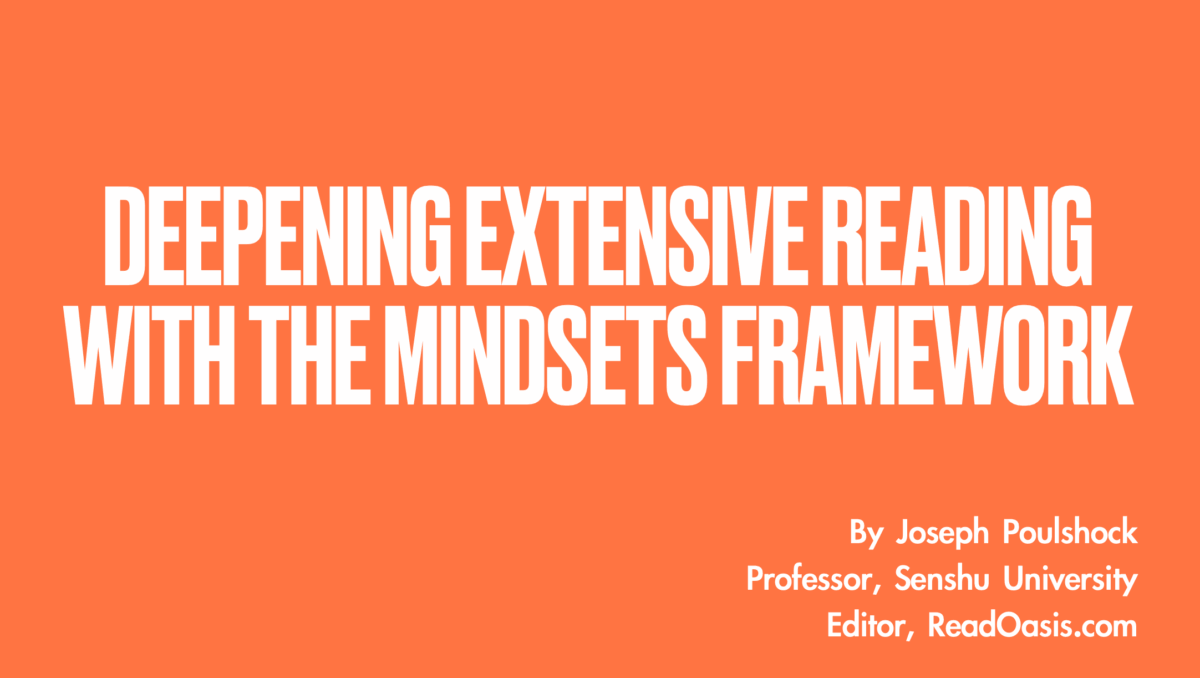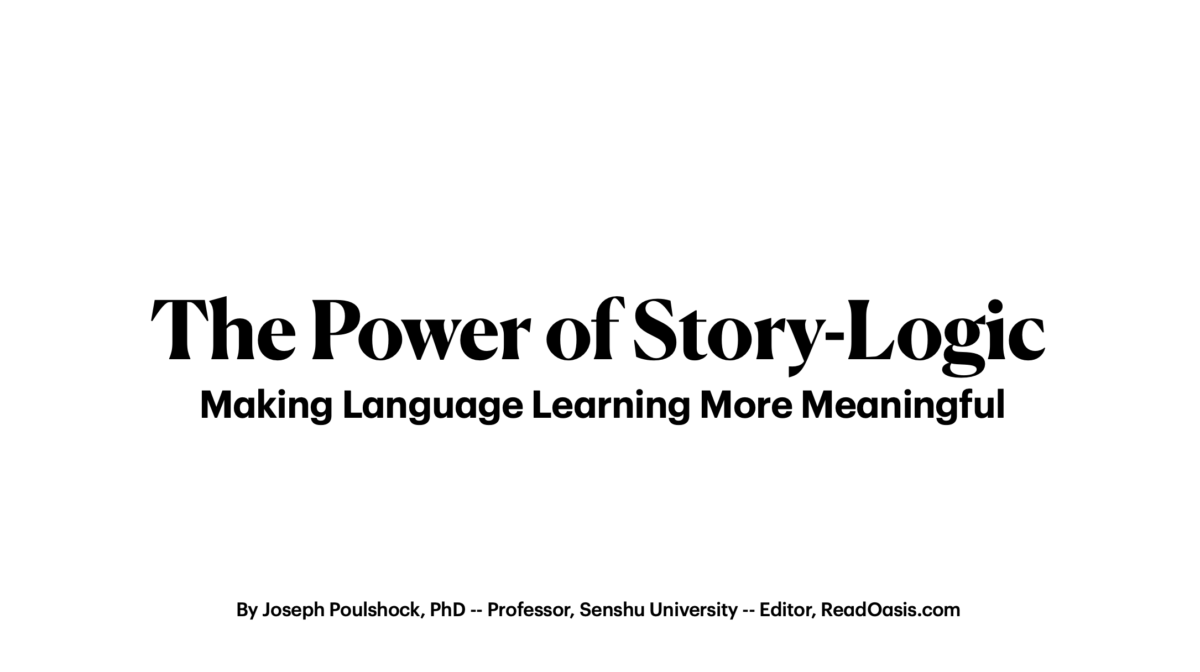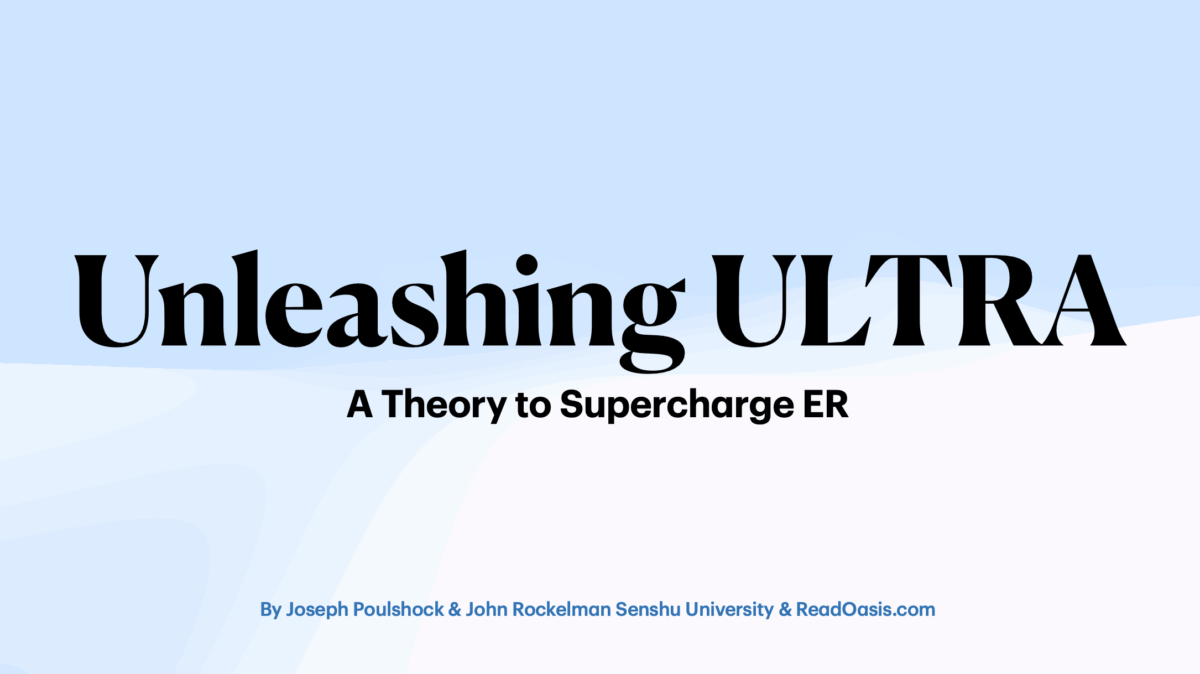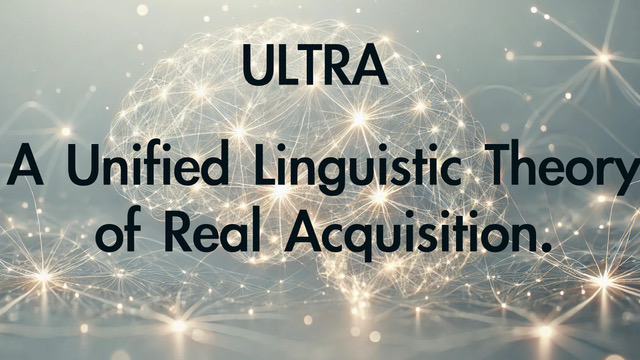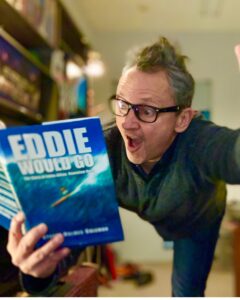 Welcome to iLinguist.net, the blog of Joey Poulshock (aka Dr. Shock), professor, author, photographer, singer-songwriter, and Editor of ReadOasis.com.
Welcome to iLinguist.net, the blog of Joey Poulshock (aka Dr. Shock), professor, author, photographer, singer-songwriter, and Editor of ReadOasis.com.
With over 20 years experience in language education, Joey is a Professor (of English Linguistics) in the School of International Communication, Department of Intercultural Communication at Senshu University. He also has taught linguistics and language teaching methods in the Teacher Education Program Meiji Gakuin University. Continue reading
